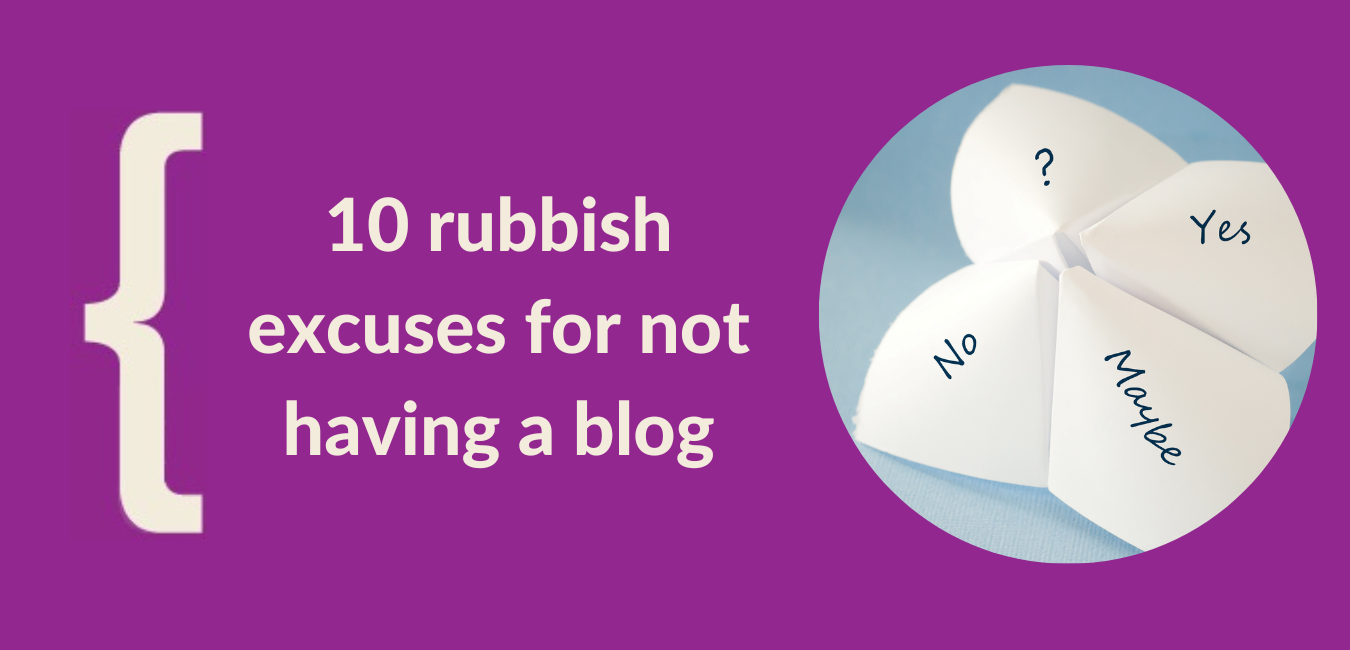Perhaps you don’t feel confident enough to blog, and this is usually down to one of two things:
- Feeling like an imposter – you don’t consider yourself to be enough of an expert to blog about your industry.
- Lack of confidence in your writing ability – you struggle with written communication.
Let’s address these two things, one by one.
Firstly – your expertise. Quite often, the reason we don’t feel like experts is that we are so close to the thing we are experts in. We read about it every day, we talk about it every day, and we do it every day. We talk about our industry or specialism so much that it starts to feel obvious and we start to believe that everyone knows about it already.
But that’s not the case. There are always going to be people out there who have no knowledge or very little knowledge about the subject that you are an expert in. And they are the people that you can reach with your blog.
You are not writing your blog for people that know what you know – you’re writing your blog for people who need your help.
Secondly – writing ability. It can be daunting sharing your thoughts and opinions with the world, especially if you aren’t comfortable in your writing abilities.
And it’s quite possible that not everyone will like your writing style, but that doesn’t matter. You don’t need everyone to like it, you just need your target audience to like it. So, think about the people you are writing for as you write. What would interest them? What language would they relate to?
It’s also worth remembering that you won’t get millions of new blog readers the minute you share a post. In fact, unless you let people know it’s there, very few people will find it. This means you can build your confidence slowly.
Start by putting a blog post on your site, but not promoting it. Once you get used to it being there, you can share the link with people you trust and ask them for feedback. After a while, you might feel confident sharing the link across all your social media channels.
As your engagement increases and you start to get likes and shares, your confidence will increase too.
If you struggle with spelling, punctuation or grammar, ask someone to check over your posts before you publish them or use free proofreading software such as Grammarly. If you really don’t feel comfortable writing yourself, you can always consider outsourcing your blogs.
Don’t let your confidence (or lack of it) hold you back. You are an expert, and people want to hear what you’ve got to say, even if your punctuation isn’t perfect.




